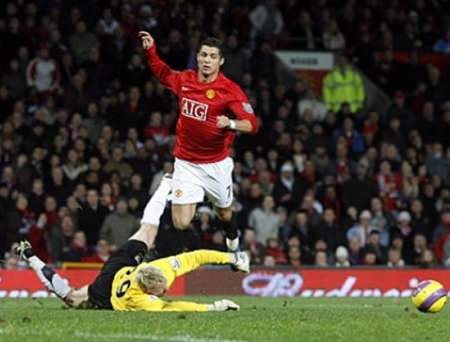To watch professional footballers “diving”, whether it be the EPL, Champions League or FIFA World Cup, is to conclude the game is short on scruples. Here we have players feigning injury, allegedly through illegal contact from an opposing player, in order to influence the referee to award a penalty. This ruse, which rarely receives punishment, is frequently rewarded.
The professional rugby player who has won more international acclaim than any other – All Black skipper Richie McCaw – has, depending upon which team you support, built his reputation upon infringing the rules of the game more successfully than any of his opponents.
In the first test of the recently completed Ashes Series, English batsman Stuart Broad played and nicked a ball that was caught by the Australian slips cordon. But Broad, who would later admit to knowing he had nicked it, emulated the majority of today’s batsmen by refusing to walk. Having stayed his ground he went on to score a further 26 runs – a telling factor given Australia finished just 14 runs from target.
 Cristiano Ronaldo for Manchester United v AC Milan – 9.75?
Cristiano Ronaldo for Manchester United v AC Milan – 9.75?
Wide acceptance of illicit drug use within other sports, such as cycling and athletics, are well known. The Armstrongs and the Johnsons simply did what many of their peers were doing – victory being too important to jeopardise.
The issue being highlighted is not about what these players did. Rather, it is that such actions are, or were accepted as part and parcel of that sport at that time. That such action is regarded as normal implies something about the core values of that particular sport, particularly so if it means the difference between winning and losing. The ethos “Winning isn’t everything; it’s the only thing,” is alive and well.
When I first started playing competitive golf in Pattaya, I remember being quite taken with observing how the many different types of golfer actually got on. It seemed to me that no matter one’s nationality, skill-level, age or gender the chances of having a bloody good day out playing golf was high. The fact that not everyone in the playing group spoke English didn’t seem to matter one jot, and nor did it detract from the sense of camaraderie enjoyed by all during post-round drinks. Which has caused me to wonder; is there any other sporting environment where such a mini-UN happens so often and so successfully?
One of the keys underpinning the success of Pattaya golf is the respect that most participants have for not only the game, but also its rules, its customs and its legacy. Matters golf transcend nationalities and cultures to the extent that most of us know what can and cannot be done, wherever we are from.
That golf forms the cornerstone of a reasonably large community – resident and visitor – here in Pattaya, is testament to not just the game’s international reach, but to its centuries-old requirement that competitors be their own referee. This, in my humble opinion, is the underlying reason why the level of respect between golf’s participants exceeds that of any other sport. It is an underlying reason why Pattaya’s multi-cultured golfing society succeeds to the degree that it does.
At one point during the Open Championship of 2003, Nick Faldo was leading by one shot from little known Brit, Mark Roe. Journeyman Roe and playing partner Jesper Parnevik had forgotten to exchange cards at the start of the round, thus mistakenly signing their own cards instead of each other’s. Result: immediate DQ.
That this tournament would have been 40yo Roe’s finest moment in his golfing career was recognised by compassionate media who, encouraged by sympathetic fans, launched a campaign for reinstatement. But Roe steadfastly refused to comply.
“I would not have played and I would not have wanted to play if they had overturned the disqualification,” he said. “I wouldn’t ask for a change in the Rules of Golf.”
And neither would his peers. In this the game is irreproachable. Players, whether leading professionals or weekend warriors, regard the Rules as sacrosanct. I cannot think of any other sport where contestants are so mindful of the letter and spirit of the Rules – such as calling penalties upon themselves – to the extent golfers are. Now here is the really telling thing – such action is not regarded as a big deal. Nor do fellow players mock such honesty. Rather, it is regarded as integral to the spirit of the game.
Put another way, it is highly unlikely that any golfer playing in his/her society’s comp this coming week will behave as Stuart Broad did at Trent Bridge in July.
Whilst not claiming golf deserves to occupy sport’s moral high ground – still some gender-bias out there – in terms of playing by the rules, written or implied, it certainly sets a great example. Winning is good, winning well is way better.
Happy golfing.
Golfnutter.




